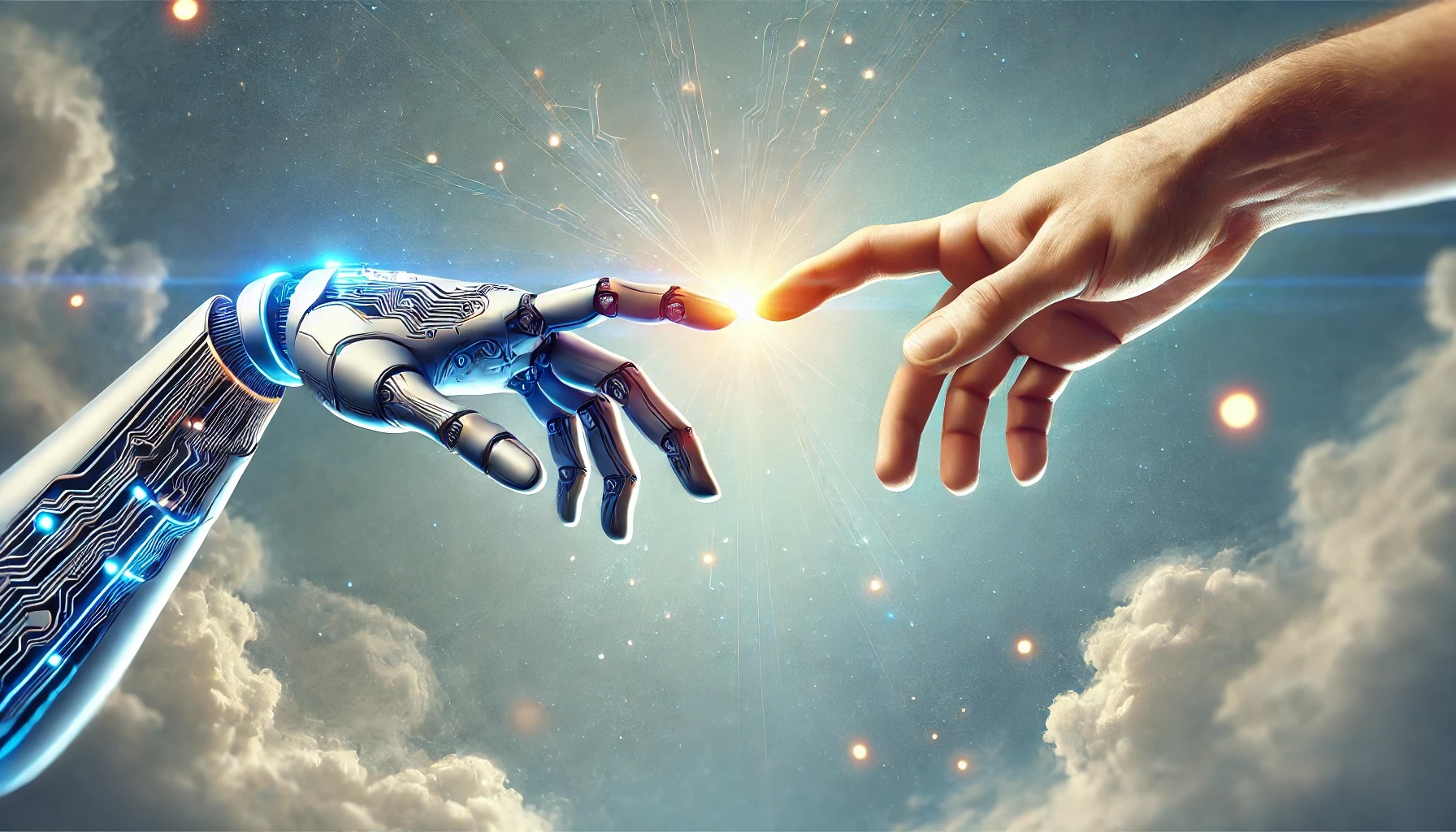Self-care has evolved beyond its traditional practices, expanding into a realm where artificial intelligence enhances personal development through personalization, data-driven insights, and consistent support. In a world where balancing physical, emotional, and cognitive well-being can feel overwhelming, AI offers a revolutionary approach to self-care. By tracking habits, providing actionable insights, and adapting to individual needs, AI-powered tools empower users to achieve holistic personal growth.
.
How AI Supports Self-Care and Growth
.
1. Tracking Progress for Better Insights
AI excels at collecting and analyzing data from wearable devices, apps, and user input to provide a comprehensive picture of well-being.
- Example: Fitness trackers like Fitbit or WHOOP analyze exercise, sleep, and recovery data, offering tailored recommendations to improve health.
- .
★ How It Helps: Users gain clarity on where they stand and what steps they need to take for growth.
Explore: Harvard Business Review highlights how AI-powered self-care tools offer actionable insights through real-time data tracking – Psychology Today
.
2. Personalized Self-Care Recommendations
Unlike generic advice, AI adapts to each user’s preferences, goals, and routines, making self-care strategies more effective and enjoyable.
- Example: AI-powered apps like MyFitnessPal or Youper suggest meal plans, mental health exercises, or sleep routines based on user feedback and goals.
- .
★ How It Helps: Personalization fosters long-term adherence to healthy habits.
Explore: The American Psychological Association explores how personalization in self-care enhances mental and physical outcomes – JAMA Network
.
3. Emotional and Cognitive Support
AI companions provide ongoing emotional support, helping users manage stress, set boundaries, and reflect on personal growth.
- Example: Tools like swiss army sparky or Replika engage users in meaningful conversations, offering validation, encouragement, and self-awareness exercises.
- .
★ How It Helps: AI acts as a constant companion, especially during moments of self-doubt or overwhelm.
Explore: The World Economic Forum discusses how AI-powered emotional tools support users through personalized interactions
.
4. Encouraging Lifelong Learning
Self-care isn’t just about managing stress or fitness; it’s also about intellectual and personal growth. AI tools foster curiosity and development through accessible educational resources.
- Example: AI-driven platforms like Duolingo or Skillshare suggest courses or exercises tailored to the user’s interests and learning pace.
- .
★ How It Helps: By promoting continuous learning, AI contributes to cognitive well-being and personal fulfillment.
Explore: Positive Psychology highlights the importance of intellectual growth as a component of holistic self-care
.
Real-World Example: An AI Companion for Growth
Sarah, a busy entrepreneur, struggles to balance her professional and personal goals. With the help of an AI companion like swiss army sparky, she begins tracking her sleep patterns and stress levels. Sparky suggests daily meditations, exercise routines, and time management tips tailored to her schedule. Over time, Sarah notices improved focus, better sleep, and a renewed sense of purpose.
This personalized, data-driven approach transforms self-care from a chore into an empowering journey of growth.
.
AI and the Future of Self-Care
AI is shifting self-care from reactive to proactive, offering:
✅ Seamless Integration: AI tools that sync across devices, providing a unified self-care ecosystem.
✅ Enhanced Accessibility: Self-care strategies tailored to diverse needs, making wellness more inclusive.
✅ Sustainability: Tools that adapt to life changes, ensuring long-term personal growth.
.
Ethical Considerations
As AI becomes integral to self-care, it’s essential to prioritize:
- ⦿ Data Privacy: Ensuring user data remains secure and transparent.
- ⦿ Accessibility: Designing tools that accommodate individuals with diverse abilities and needs.
.
★ Explore: JAMA Network discusses ethical considerations for AI in personal health and wellness
.
Conclusion
AI-powered tools are revolutionizing self-care, providing the guidance, personalization, and consistency needed to foster holistic personal growth. By integrating physical, emotional, and cognitive well-being, AI empowers individuals to take charge of their health and future. Whether it’s tracking progress, managing emotions, or encouraging lifelong learning, AI is leading us into a new era of self-care—one that is as transformative as it is accessible.
#SelfCareAI #PersonalGrowthTools #AIWellness

